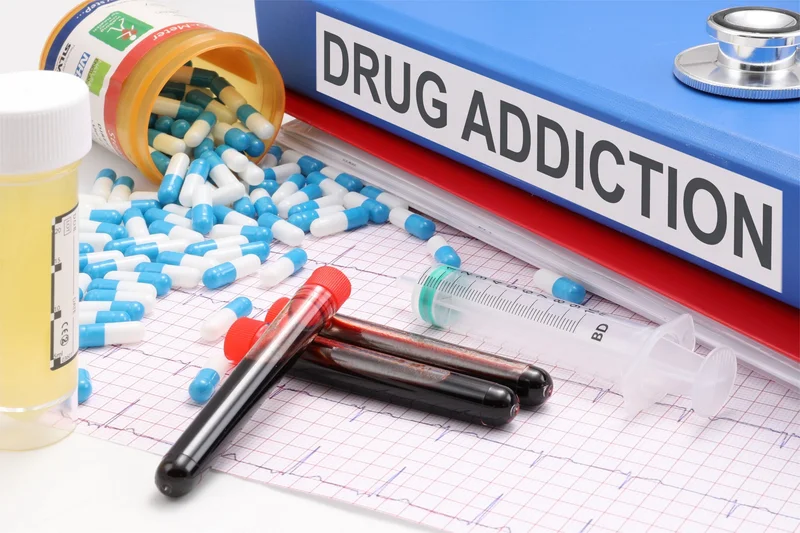Drugs have long been used for medical and recreational purposes all throughout the world. People from all walks of life, regardless of ethnicity, age, or economic status, have used narcotics in some form or another. However, while drugs have aided some people by providing a decent source of recreation or medical treatment, others have become locked in the vicious cycle of drug usage and have suffered the consequences. Drug usage can have a negative impact on your happiness, health, and way of life.
Table of Contents
How To Tell If Someone Is Using Drugs
Substance use has a negative impact on people of all ages and socioeconomic backgrounds. Tolerance, patterns of increased use, physical dependence, and, eventually, addiction may develop—sometimes before the user even recognizes it—for whatever reason a person begins using drugs, whether recreationally or as prescribed.
It can be exceedingly difficult to stop using drugs without treatment when a full-blown substance-use disorder develops. Drug abuse, this may cause chaos in the body and brain, and it can even be fatal. It’s critical to seek treatment as soon as you start craving drugs. Accepting that you need drug treatment; it could save your life. The majority of drugs cause observable indications and symptoms. Physical or behavioral symptoms—most often both—could be present.
Physical Symptoms
When someone abuses drugs or alcohol, they may show a variety of physical indications. Some of these indications are obvious, while others might be easily overlooked or manifest as gradual changes.
The following are some physical indicators of addiction:
- Runny nose on a regular basis (common with cocaine addiction).
- Seizures or tremors.
- Physical coordination problems.
- Extreme sluggishness.
- Chemical stench on the breath or on the clothing
- Eyes that are bloodshot or watery.
- Weight fluctuations.
- Appetite and eating habits change.
- The jaw is clenched.
- Sleeping patterns are inconsistent.
- Skin discoloration.
- Personal hygiene is lacking.
Behavioral Symptoms
A person who abuses alcohol or drugs may exhibit abnormal behavior in addition to bodily abnormalities. The following are some of the most common indicators of drug misuse in adults:
- Secretive behavior: The individual withdraws from friends and family and is always on the lookout for a private location to consume drugs.
- Ignoring obligations: Addiction to drugs or alcohol can cause a person to shirk daily responsibilities such as employment, school, or household maintenance.
- Financial distress: Because most illicit substances are quite expensive, a drug user may need to borrow money on a regular basis. They could also sell their possessions to raise funds for drugs.
Psychological Symptoms
Drug misuse has an effect on a person’s mental health as well. When someone is enslaved by their addiction, they may not see or acknowledge these changes. The following are some of the psychological indications of drug addiction:
- Anxiousness.
- Insufficient motivation.
- Angry outbursts or irritability.
- Personality or attitude shifts.
- Withdrawal from individuals on an emotional and mental level.
- Mood swings that come out of nowhere.
- Obsessions
- Taking risks
Recognizing that there is a problem is the first step toward rehabilitation, which can take a lot of courage and fortitude. You have the ability to construct a satisfying, drug-free life for yourself if you are prepared to face your addiction and get treatment.
Don’t Wait – Get Help Right Now
If you or someone you know has a problem, seek treatment as soon as possible. The earlier they receive treatment, the better. Click here to find out more about receiving treatment.
Read also: Drug Abuse and Its Effects on the Liver

